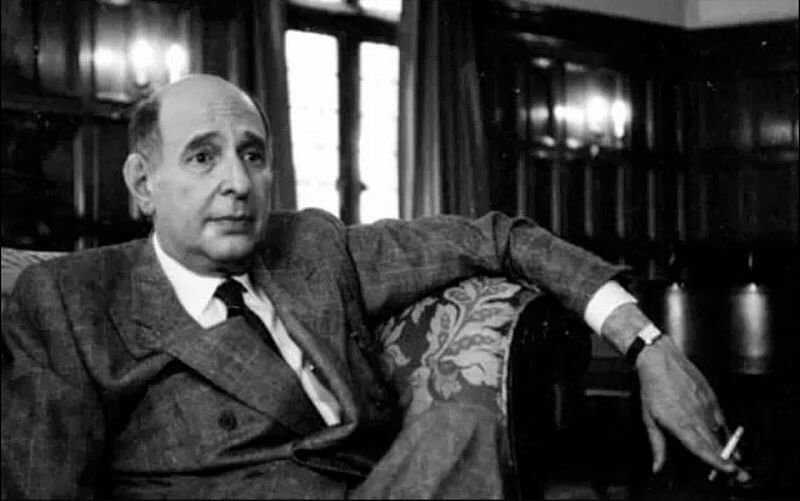Stephen Lindsay is a chemical engineer by training, working as a senior scientist in the consumer products industry. He lives in Appleton, Wisconsin with his wife and eight children, and writes for fun at The Reasonableness of Christianity Blog (trocb.blogspot.com).

